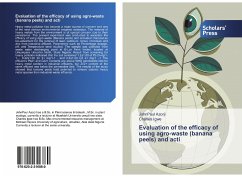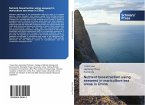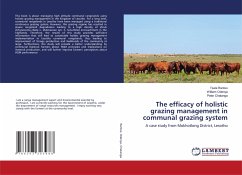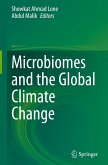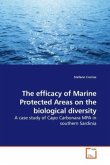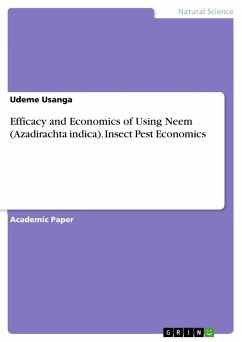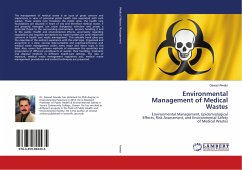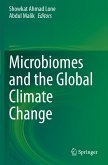Heavy metal pollution has become a major source of concern and one of the most serious environmental enigmas nowadays. The removal of heavy metals from the environment is of special concern due to their persistence. The present experiment was conducted to ascertain the efficacy of using Agro-waste (Banana peels) and activated charcoal as bio-adsorbent for the removal of lead, cadmium, nickel, chromium and zinc from industrial effluent. Parameters such as Percentage dosage, pH, and Temperature were studied. The sample was collected from waste water discharging point at B-Lux Paint limited, located at Umuokpara Umuahia North, State Nigeria. Result from screening for heavy pollution indicated that the soil contained 1.2±1.00 of Pb 2+mg/1-1, , 0.42±1.00 Zn 2+ mg/1-1 , and 0.8±1.00 Cd 2+ mg/1 .-1 The effluent's Pb2+ and Cd2+ contents are above WHO permissible limit for heavy metal content in industrial effluents, but Zn2+ content of the same effluent was below the permissible limit. The results of the study showed that banana peels hold potential to remove cationic heavy metal species from industrial waste effluents.

